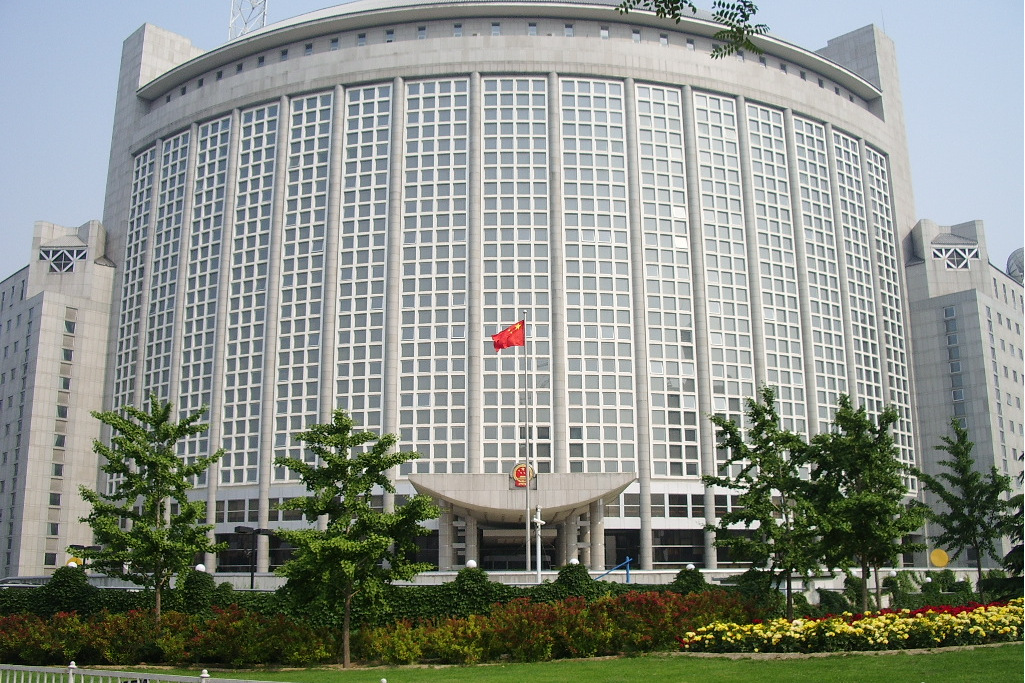
In order to help parties in better understand how Chinese courts will apply the HCCH 1961 Apostille Convention, the Beijing International Commercial Court (BICC) has prepared the “Understanding and Application Guidelines for the Convention Abolishing the Requirement of Legalisation for Foreign Public Documents” (《取消外国公文书认证要求的公约》理解适用诉讼指引, hereinafter the “Guidelines”).
On 8 Mar. 2023, China acceded to the “Convention Abolishing the Requirement of Legalisation for Foreign Public Documents” (hereinafter the “Convention”), which entered into force for China on 7 Nov. 2023. However, many parties are not familiar with how the courts will apply this Convention, hence the BICC has prepared the Guidelines.
The highlights of the Guidelines are as follows.
- Apostille applies for contracting states to the Convention, and consular authentication applies for non-contracting states to the Convention.
- In cases where the authenticity of Apostille certificates provided by parties cannot be confirmed during trials, the matter may be referred to the International Cooperation Department of China’s Supreme People’s Court (SPC).
- If any treaty concluded between China and other states requires more simplified certification procedures for signatures or seals compared to those in the Convention, such treaty shall prevail. By the same token, if the procedures are more stringent than those in the Convention, the Convention shall prevail.
- The certificate supports online verification. For details, please log on to the Legalization/Apostille Verification System (https://consular.mfa.gov.cn/VERIFY/)
The BICC is the second local international commercial court established in China and is subordinate to the Beijing Fourth Intermediate People’s Court.
Photo by zhang kaiyv on Unsplash
Contributors: CJO Staff Contributors Team









